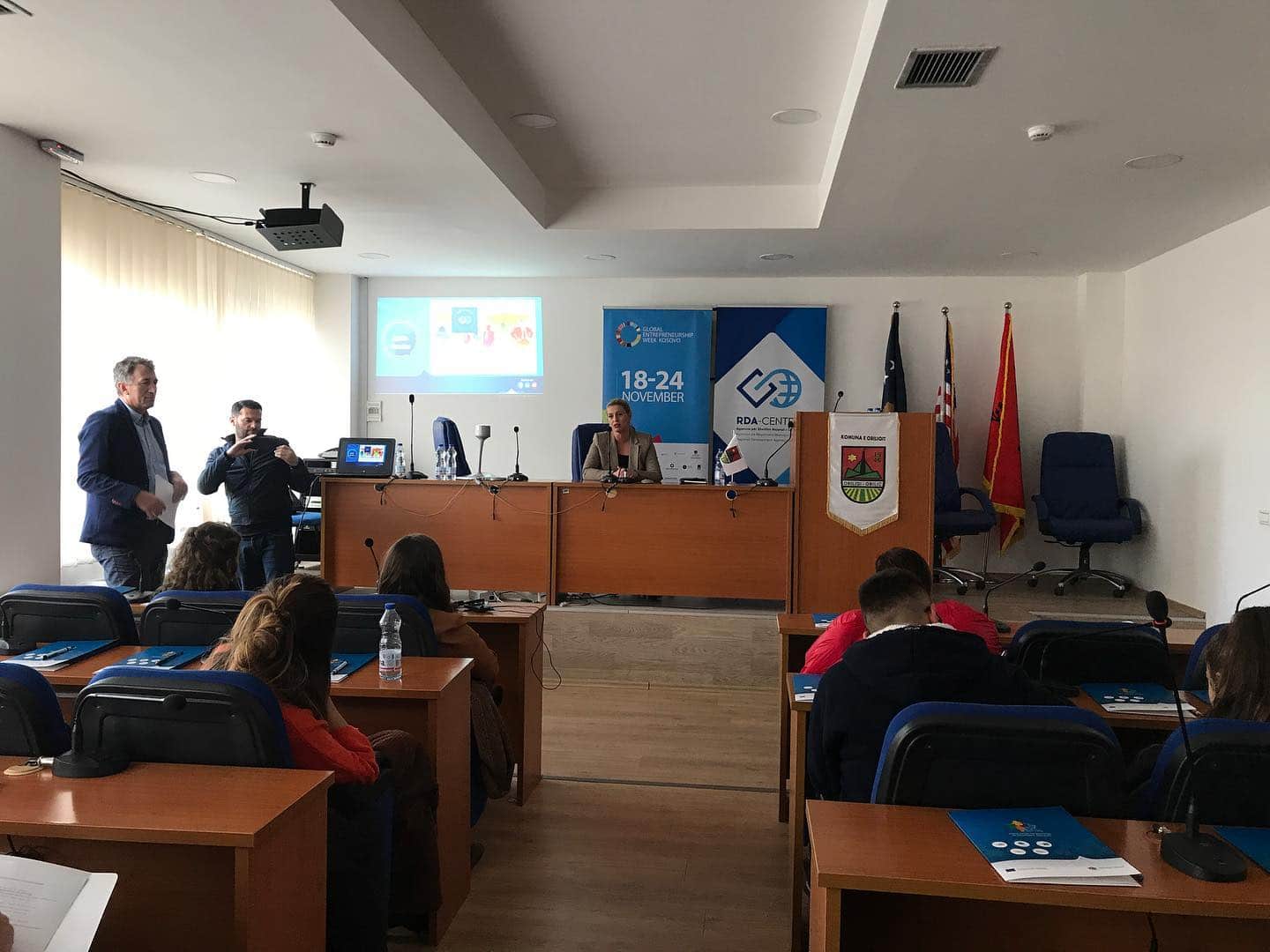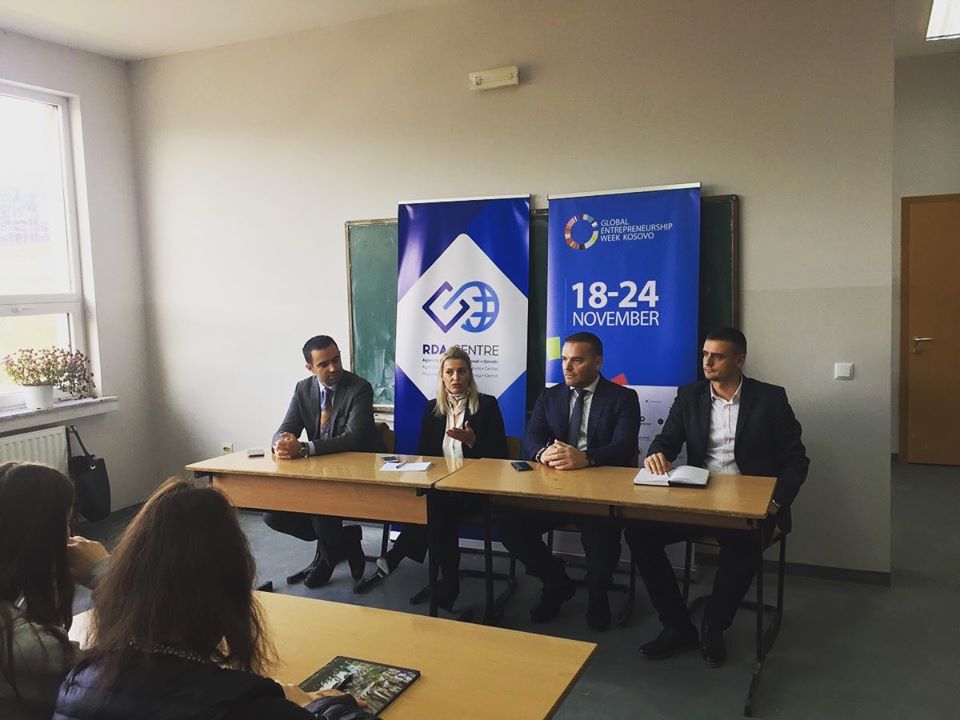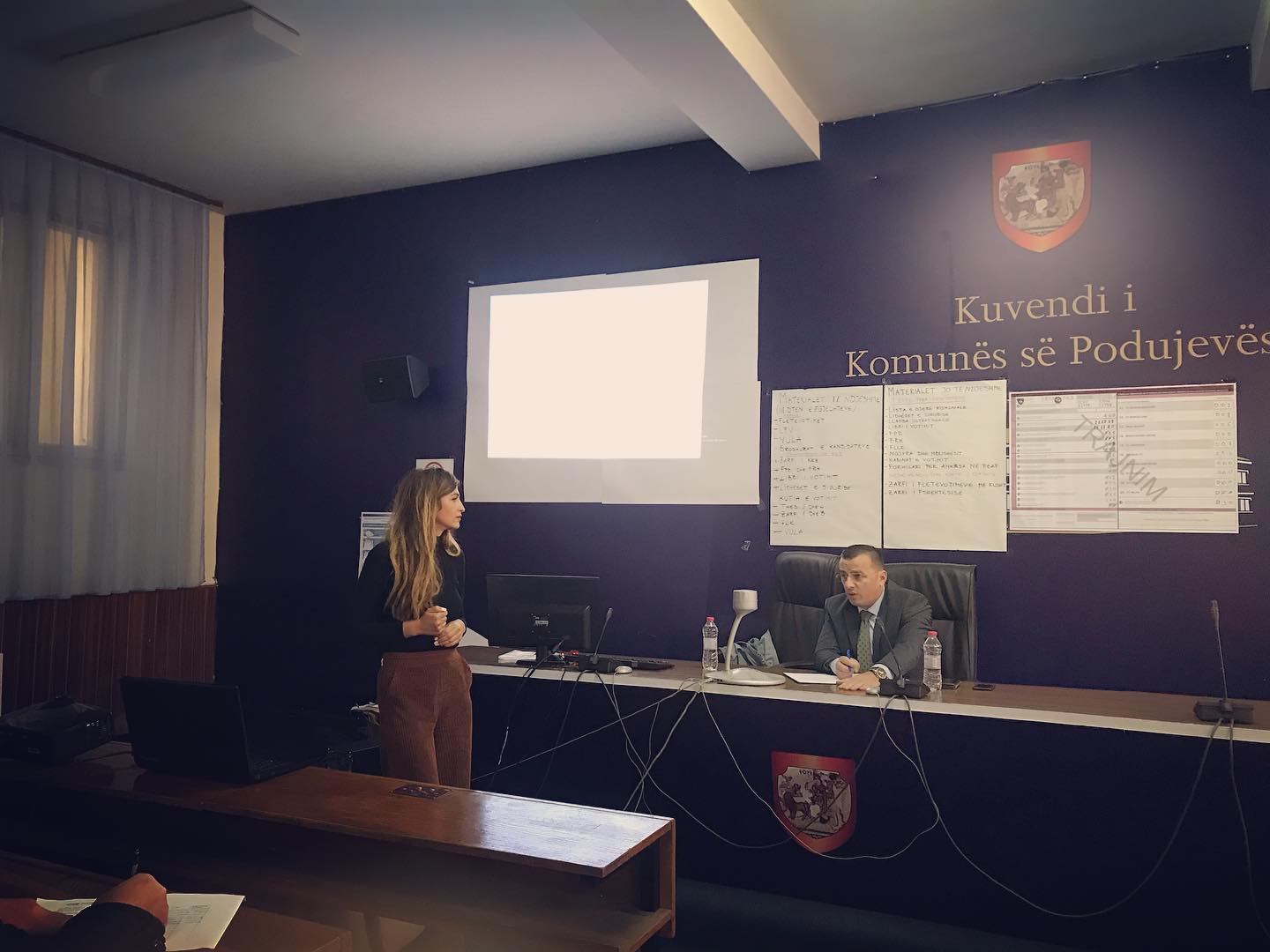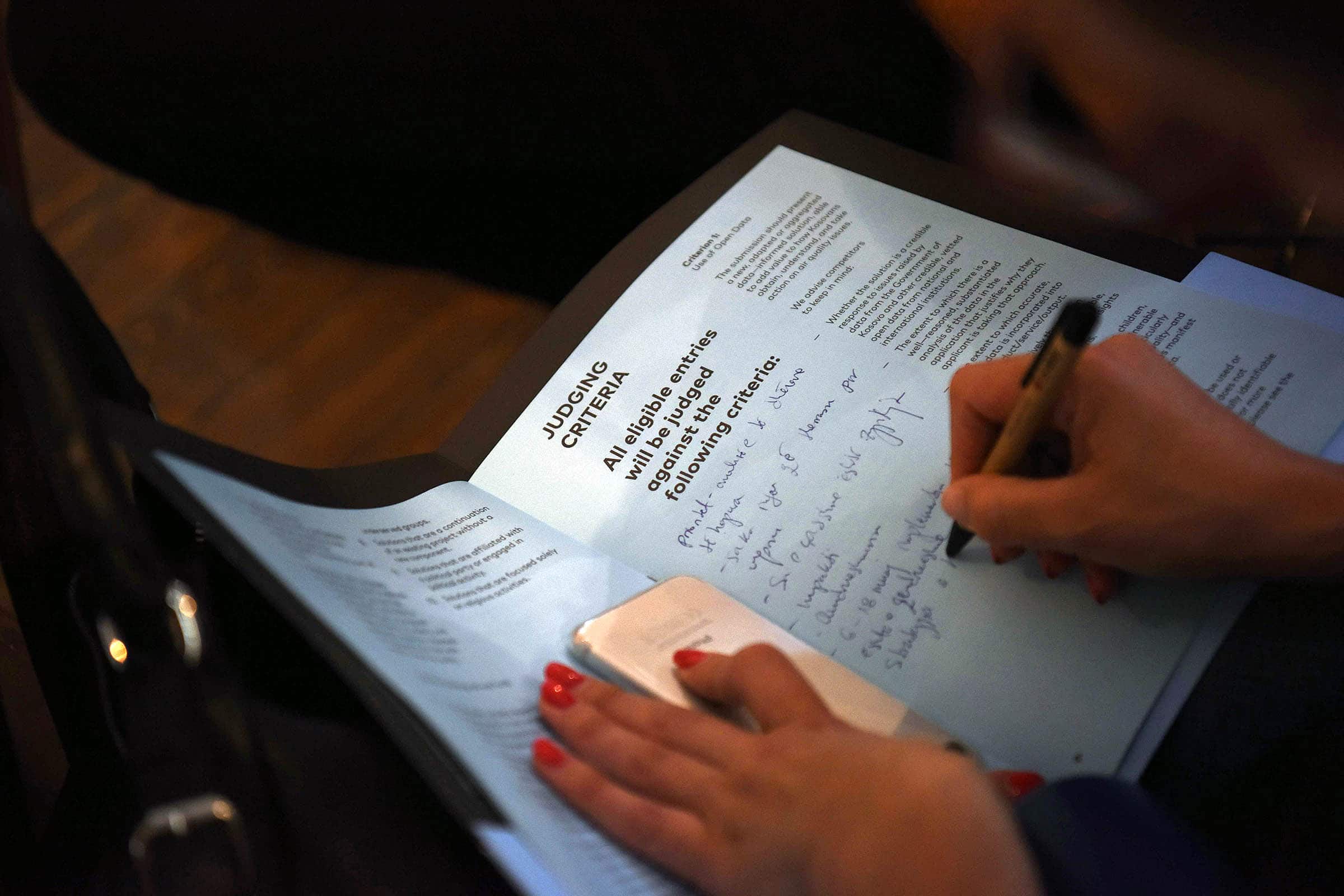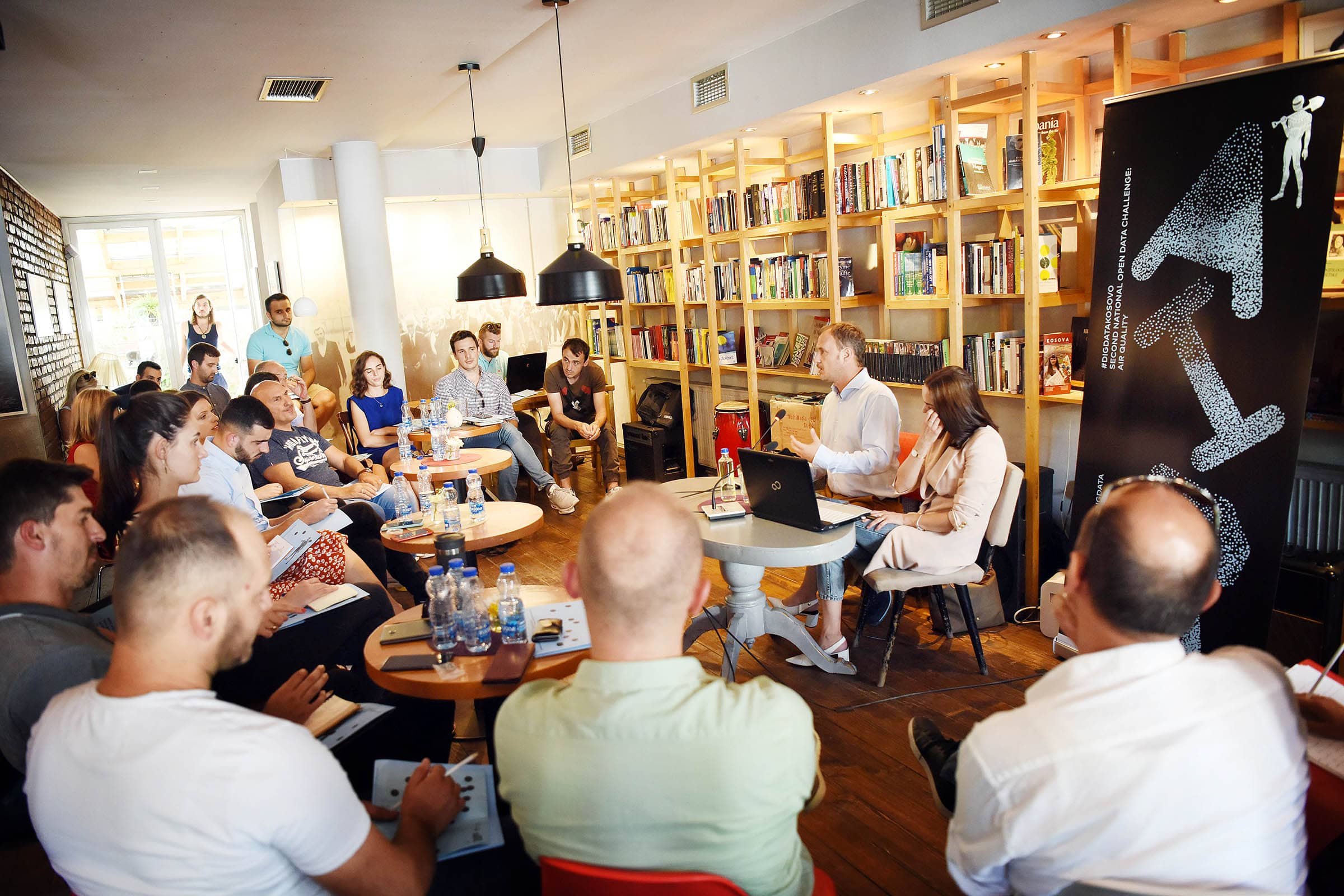
Informative sessions for Dig data Challenge by MFK
Dig Data Challenge, as part of the Transparent and Accountable Governance Program of the Millennium Foundation Kosovo, seeks to improve the public availability and analytical use of judicial, environmental and labor force data by civil society, business, and the Government of Kosovo, thus promoting data-driven decision-making. The 2019 Challenge was focused on air quality open data and the call was open to civil society, the private sector, academia, teams, and/or students, to work in partnerships with the government institutions, to submit proposals that focus on empowering Kosovo citizens to make data-informed decisions and take improved and constructive personal and civic action when juxtaposed to outdoor air quality.
RDA Center organized the informative sessions for launching the Dig Data Challenge. The informative sessions provided an opportunity to the aforementioned stakeholders to hear about the challenge, the incentive, eligibility and the judging criteria for successful proposals that tackle the question. The call was targeted to applicants who would come up with creative solutions based on the open data from the Government of Kosovo institutions and/or other credible open data to inform Kosovo’s citizens about air quality data and what data-driven steps to take to mitigate the negative impact of poor air quality.
The informative sessions, spanned in eight sessions, were attended by 164 individuals. The sessions were held in eight Kosovo municipalities (Mitrovica Jugore/Juzna Mitrovica, Mitrovica Veriore/Severna Mitrovica, Gracanice/Gračanica, Gjilan/Gnjilane, Prizren/Prizren, Peja/Peć, Ferizaj/Uroševac, Prishtine/Priština, starting on August 19, 2019 and concluded on August 22, 2019.
The key objective of the informative sessions were to:
- Provide a fitting atmosphere for participating NGOs, businesses, professionals, students, start-ups, academia to hear about the challenge, how to contextualize the available data into an easy-to-read tool so that everyday citizens are empowered and understand the steps they can take to address air quality;
- Reach out to as many interested parties, in order to introduce the call for the challenge, and other upcoming MFK programs.

